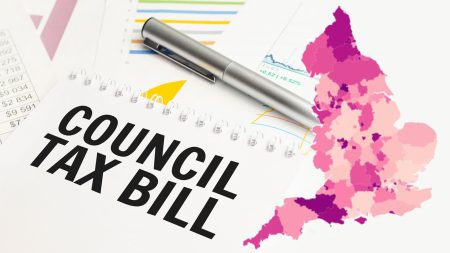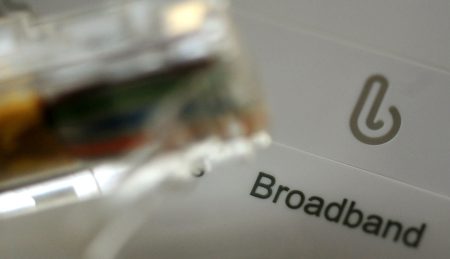Emily McAllister, a 43-year-old single mother of two, found herself in a dire situation due to a technical glitch at Barclays bank. While in the process of finalizing the purchase of a new home, a system-wide outage prevented her from transferring the necessary funds. This unfortunate incident left Emily and her children homeless, stranded without access to their belongings, including essential medication for her 19-year-old disabled daughter. Forced to seek temporary accommodation in a hotel, Emily also incurred additional expenses for storage and pet care, accumulating costs of thousands of pounds. The emotional distress of selling the marital home was compounded by this unexpected crisis, leaving Emily feeling overwhelmed and frustrated by the bank’s inadequate response.
The Barclays technical issue, which spanned Friday and Saturday, impacted millions of customers, preventing them from accessing their accounts via the app or withdrawing cash from ATMs. Although the bank acknowledged the problem and promised to rectify the situation, Emily’s experience highlights the significant repercussions of such outages on vulnerable individuals. While Barclays assured customers that they would not be left out of pocket, Emily’s initial compensation offer of a mere £50 was woefully insufficient to cover the mounting expenses she incurred due to the bank’s error.
Emily criticized the bank’s customer service, expressing her disappointment with their lack of empathy and the paltry compensation offered. She highlighted the emotional toll the ordeal had taken on her family, particularly her disabled daughter, who found the disruption especially challenging. The lack of communication and support from Barclays further exacerbated their distress, leaving Emily feeling abandoned during an already difficult transition.
In the wake of the outage, some customers reported being able to withdraw what appeared to be “free cash” from ATMs, leading to speculation on social media about exploiting the glitch. However, Barclays clarified that any funds withdrawn during the outage would be debited from the respective accounts, cautioning against any attempts to capitalize on the technical error. This incident serves as a reminder of the potential for widespread disruption and individual hardship caused by technical failures within the financial system.
While banks are not legally obligated to compensate customers for service disruptions in the same way as telecom companies, they may reimburse customers for direct financial losses resulting from such issues. For instance, if a late payment fee is incurred due to a failed transaction during an outage, the bank should refund the charge. Customers should meticulously document any additional costs, fees, or negative impacts on their credit rating caused by service interruptions, providing evidence such as bank statements, receipts, and invoices when filing a complaint.
To seek redress for financial losses incurred due to a bank service disruption, customers should contact their bank directly and provide a detailed account of the incident, along with supporting documentation. If dissatisfied with the bank’s response or compensation offer, customers can escalate the complaint to the Financial Ombudsman Service (FOS). The FOS provides an impartial review of disputes between financial institutions and their customers, aiming to ensure fair outcomes. The FOS can investigate complaints, recommend appropriate compensation for financial losses and distress, and direct the bank to take corrective actions, such as rectifying credit report errors.











